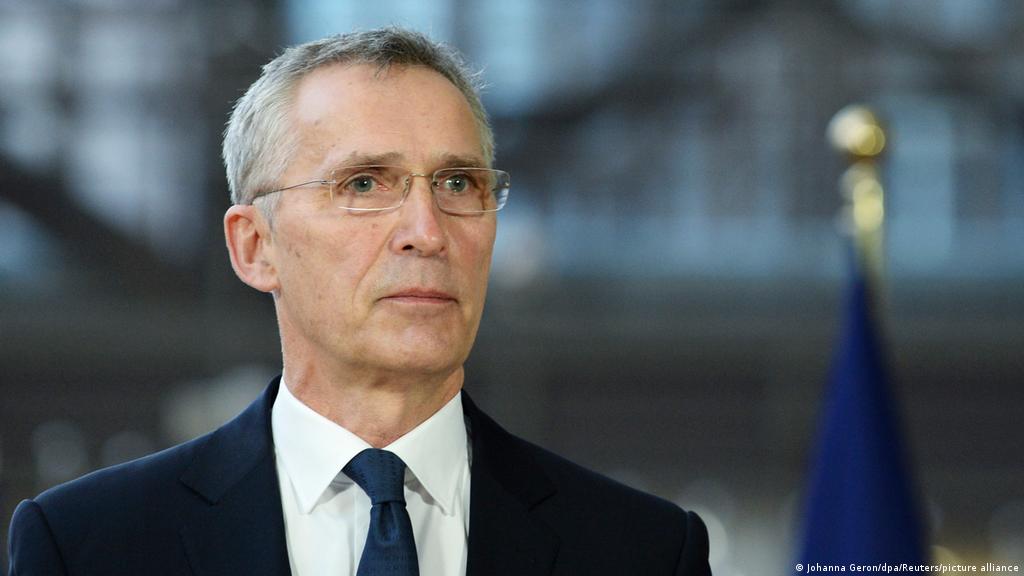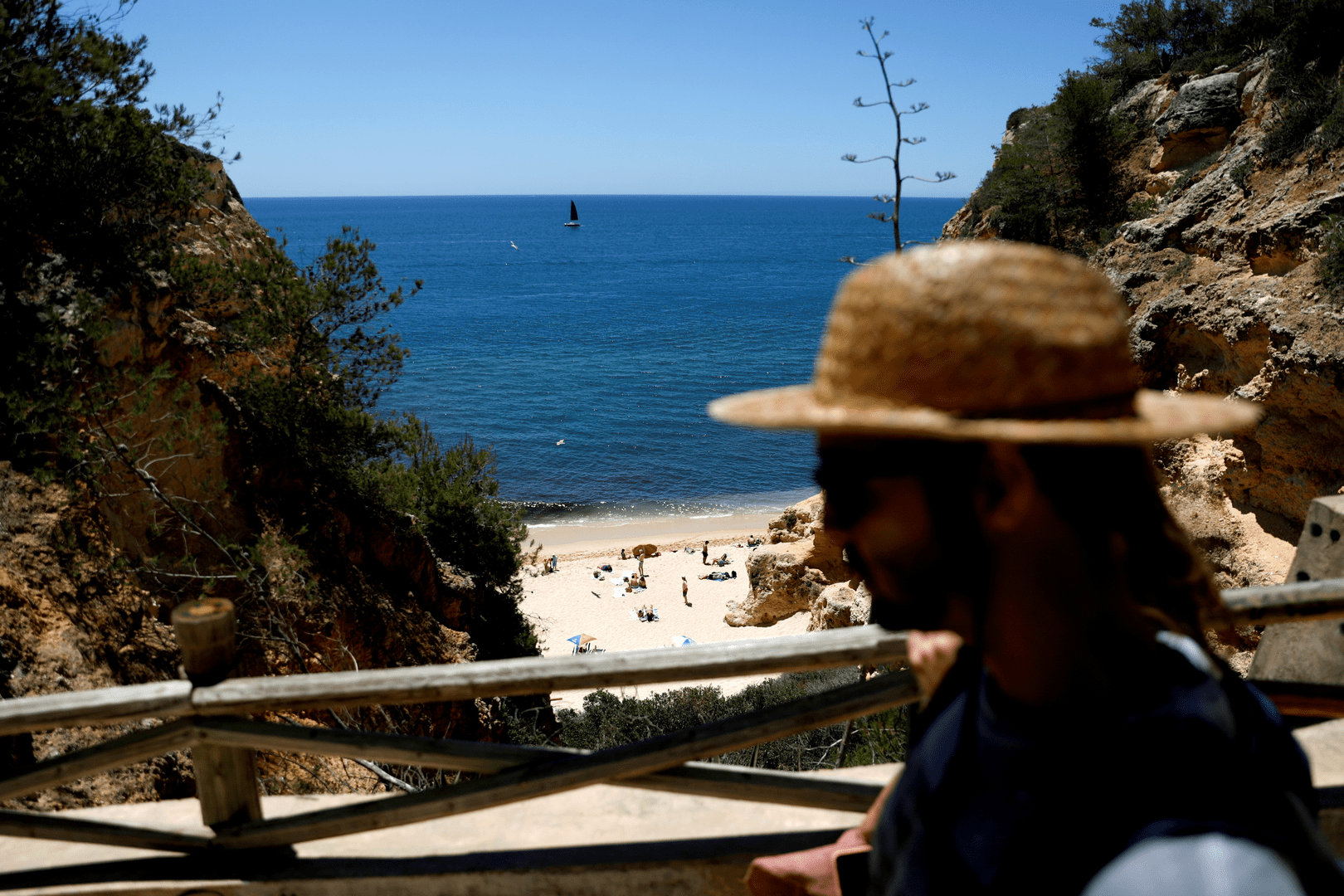With Russia announcing a partial pull back of forces, the alliance has accused Russia of in fact sending more troops to the border.
“They have always moved forces back and forth,” Secretary General Jens Stoltenberg revealed. “So just that we see movement of forces of battle tanks doesn’t confirm a real withdrawal.
“It has been a big up and down, back and forth, all the way, but the trend over the last weeks and months has been a steady increase in the Russian capabilities close to Ukraine’s borders.
“So Russia retains the capability of a full-fledged invasion of Ukraine without any warning time.”
Moscow announced a partial pullback of forces from near Ukraine earlier this week.
Russia’s defence ministry published video of military vehicles leaving the Crimean peninsula – an area Moscow seized from Ukraine in 2014.
They said some of the country’s military drills had already ended, and others were coming to a close.
Moscow also announced some troops would be returning to their permanent bases.
In spite of this, a senior Western official, speaking on condition of anonymity, said intelligence showed Russian military exercises would be at their most active during the remainder of February.
He said there were no credible signs at this point that there would be any kind of military de-escalation.
NATO is considering new steps to deter Moscow on its eastern flank in response to the Russian threat in Ukraine’s north, east and south.
Russia says it never planned to attack Ukraine but wants to lay down “red lines” to prevent its neighbour from joining NATO, which it sees as a threat to its own security.



 Leaders3 days ago
Leaders3 days ago


 Shows3 days ago
Shows3 days ago


 Tech2 days ago
Tech2 days ago


 News3 days ago
News3 days ago


 Tech3 days ago
Tech3 days ago


 Money2 days ago
Money2 days ago


 Tech2 days ago
Tech2 days ago


 News2 days ago
News2 days ago













